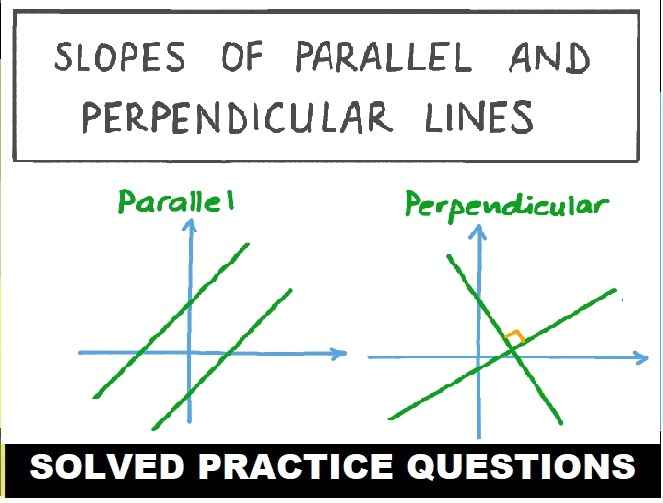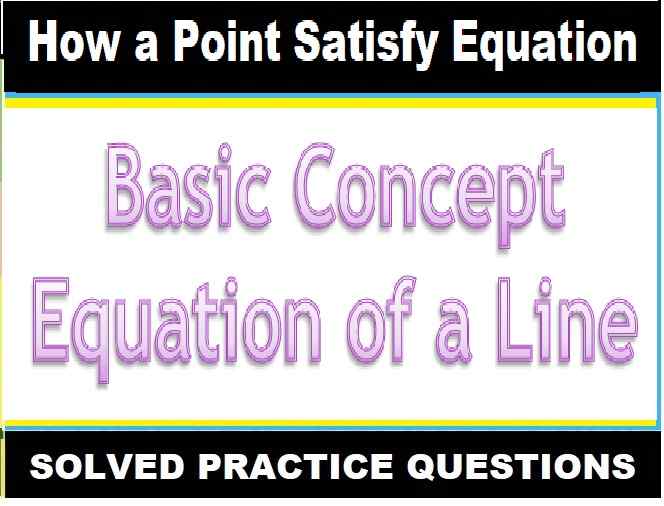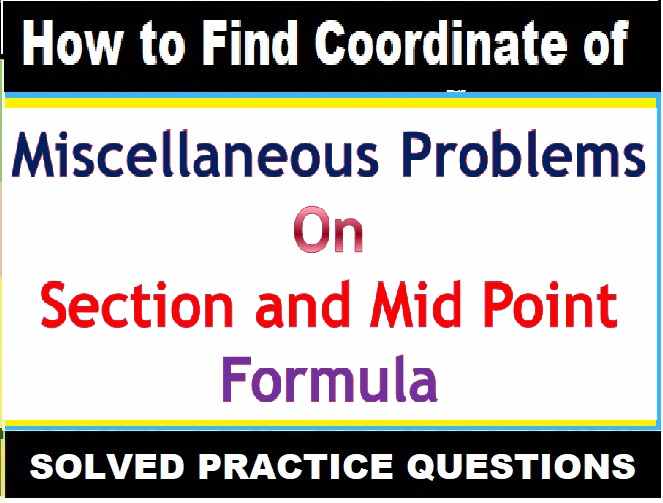Biotechnology Applications MCQs Type Questions with Answer for ISC Class 12 Biology. These MCQs / Objective Type Questions is based on latest reduced syllabus according 2021-22 session on bifurcated pattern. Main motto of MCQ Type Question is cracking the next upcoming Sem-2 exam of council. Visit official website CISCE for detail information about ISC Class-12 Biology.
ISC Class 12 Biology Biotechnology Applications MCQs Type Questions with Answer

| Board | ISC |
| Class | 12th (XII) |
| Subject | Biology |
| Chapter | Biotechnology : Applications |
| Syllabus | on bifurcated syllabus (after reduction) |
| Session | 2021-22 |
| Bifurcated | Sem-2 |
| Topic | MCQs / Objective Type Question |
Biotechnology Applications MCQs Type Questions
ISC Class 12 Biology
Question 1: The species used as natural genetic engineer is :
(a) Agrobacterim tumefaciens
(b) Bacillus thruingiensis
(c) Aspergillus
(d) Drosophila
Answer : (d) Drosophila
Question 2: Bt toxin is :
(a) Intracellular lipid
(b) Intracellular crystalline protein
(c) Extracellular crystalline protein
(d) Lipid
Answer : (a) Intracellular lipid
Question 3: Bacillus thuringiensis (Bt) strains have been used for designing novel
(a) bio-fertilizers
(b) bio-metallurgical techniques
(c) bio-mineralization processes
(d) bio-insecticidal plants
Answer : (d) bio-insecticidal plants
Question 4: Most widely used Bioweapon is:
(a) Bacillus subtilis
(b) Biometallurgial techniques
(c) Bacillus anthracis
(d) Bioinsecticidal plant
Answer : (d) Bioinsecticidal plant
Question 5: The genetically-modified (GM) brinjal in India has been developed for
(a) insect-resistance
(b) enhancing shelf life
(c) enhancing mineral content
(d) drought-resistance
Answer : (a) insect-resistance
Question 6: The genetically modified brinjal in India has been developed for
(a) Enhancing mineral content
(b) Insect-resistance
(c) Drought resistance
(d) Enhancing selflife
Answer : (b) Insect-resistance
Question 7: The maximum number of existing transgenic animals is of _____
(a) Fish
(b) Mice
(c) Cow
(d) Pig
Answer : (b) Mice
Question 8: Cry-genes have been introduced in
(a) cotton and corn
(b) rice
(c) potato and soyabean
(d) all of the above
Answer : (d) all of the above
Question 9: Golden rice is a transgenic crop of the future with the following improved trail:
(a) Insec resistance
(b) Hight lysine (essential amino acid) content
(c) High protein content
(d) High vitamin A content
Answer : (c) High protein content
Question 10: Bt toxin is harmful to insects like
(a) lepidoterans (tobacco budworm, armyworms)
(b) coleopterans (beetles)
(c) dipterans (flies and mosquito)
(d) all of the above
Answer : (d) all of the above
Question 11: C-peptide of human insulin is
(a) a part of mature insulin molecule.
(b) responsible for formation of disulphide bridges.
(c) removed during maturation of pro-insulin to insulin.
(d) responsible for its biological activity.
Answer : (c) removed during maturation of pro-insulin to insulin.
Question 12: GEAC stands for
(a) Genetic Engineering Approval Committee
(b) Genetic and Environment Approval committee
(c) Ground Environment Action Committee
(d) Genome Engineering Action Committee
Answer : (a) Genetic Engineering Approval Committee
Question 13: Clot buster obtained from Streptococcus and modified by genetic engineering is
(a) Streptokinase
(b) Penicillin
(c) Cyclosporin A
(d) Statins
Answer : (a) Streptokinase
Question 14: α – 1 antitrypsin is :
(a) Used to treat emphysema
(b) Used to treat arthritis
(c) An enzyme
(d) An antacid
Answer : (a) Used to treat emphysema
Question 15: Humulin is the term used for
(a) A powerful antibiotic
(b) A new digestive enzyme
(c) New Research integrated to human welfare
(d) Human insulin
Answer : (d) Human insulin
Question 16: Number of known enzymes is
(a) 1200
(b) 2200
(c) About 5000
(d) Around 500
Answer : (b) 2200
Question 17: A probe which is a molecule used to locate specific sequences in a mixture of DNA or RNA molecules could be
(a) Either RNA or DNA
(b) Can be ss DNA but not ss RNA
(c) A single stranded DNA
(d) A single stranded RNA
Answer : (a) Either RNA or DNA
Question 18: Restriction endonuclease is employed for cutting
(a) mRNA
(b) RNA fragment
(c) Double strand DNA
(d) A single strand DNA
Answer : (c) Double strand DNA
Question 19: Production of human protein in bacteria by genetic engineering is possible because
(a) Bacterial cell can undertake RNA splicing
(b) Genetic code is universal
(c) Mechanism of gene regulation is identical in humn and bacteria
(d) None of these
Answer : (b) Genetic code is universal
Question 20: Some of the characteristics of Bt cotton are
(a) High yield and production of toxic proteins ceystals which kill dipteran pests
(b) High yield and resistance to bollworms
(c) High yield and resistance to bollworms
(d) All of these
Answer : (a) High yield and production of toxic proteins ceystals which kill dipteran pests
Question 21: Which bacterium is used in the production of insulin by genetic engineering?
(a) Rhizobium
(b) Mycobacterium
(c) Escherichia
(d) Saccharomyces
Answer : (c) Escherichia
Question 22: Choose the correct option regarding Retrovirus
(a) An RNA virus that can synthesise DNA during infection
(b) A DNA virus that can synthesise RNA during infection
(c) A ssDNA virus
(d) A dsRNA virus
Answer : (a) An RNA virus that can synthesise DNA during infection
Question 23: Herbicide resistant gene in plants is:
(a) Ct
(b) Mt
(c) Bt
(d) Gst
Answer : (d) Gst
Question 24: RNA interference (RNAi) technique has been devised to protect the plants from nematode is silenced by ______produced by the host plant.
(a) dsDNA
(b) ssDNA
(c) dsRNA
(d) target proteins
Answer : (c) dsRNA
Question 25: Restriction enzymes are also called
(a) Vectors
(b) Carriers
(c) Molecular scissors
(d) Molecular makers
Answer : (c) Molecular scissors
Question 26: Bt toxin kill the larvae of certain insects
(a) by binding of activated toxin on mid gut epithelial cells, creating pores, leading to swelling and lysis.
(b) by stopping transcription of larval cells.
(c) by altering central dogma taking place in the cells of gut of larva.
(d) by stopping protein synthesis.
Answer : (a) by binding of activated toxin on mid gut epithelial cells, creating pores, leading to swelling and lysis.
Question 27: ———– is used as a vector for cloning into higher organisms
(a) Retrovirus
(b) Baculovirus
(c) Salmonella typhimurium
(d) All of these
Answer : (a) Retrovirus
Question 28: Tobacco plants resistant to a nematode have been developed by the introduction of DNA that produced (in the host cells)
(a) both sense and anti-sense RNA.
(b) a particular hormone.
(c) an antifeedant.
(d) a toxic protein.
Answer : (a) both sense and anti-sense RNA.
Question 29: The site of production of ADA in the body is
(a) Monocytes
(b) Bone marrow
(c) Blood plasma
(d) Lymphocytes
Answer : (d) Lymphocytes
Question 30: Pathophysiology is the
(a) Study of physiology of pathogen
(b) None of the above
(c) Study of normal physiology of host
(d) Study of altered physiology of host
Answer : (d) Study of altered physiology of host
Question 31: Anticoagulant hirudin is found in:
(a) In Snake
(b) In Lizard
(c) In Leech
(d) In Scorpion
Answer : (c) In Leech
Question 32: The trigger for activation of toxin of Bacillus thuringiensis is
(a) High temperature
(b) Mechanical action in the insect gut
(c) Alkaline pH of gut
(d) Acidic pH of stomach
Answer : (c) Alkaline pH of gut
Question 33: Maturation of proinsulin into insulin takes place after
(a) Joining of c-peptide
(b) Maturation of proinsulin into insulin takes place after
(c) Addition of disulphide bridge
(d) Joining of c-peptide
Answer : (b) Maturation of proinsulin into insulin takes place after
Question 34: Cry protein is obtained from
(a) Bacillus thuringiensis
(b) Bacillus subtilis
(c) Clostridium welchi
(d) E. coli
Answer : (a) Bacillus thuringiensis
Question 35: The genetically modified brinjal in India has been developed for
(a) Drought resistance
(b) Enhancing mineral content
(c) Enhancing shelf life
(d) Insect resistance
Answer : (d) Insect resistance
Question 36: Which kind of therapy was given in 1990 to a four-year-old girl with ADA deficiency? (Adenosine Deaminase)
(a) Radiation Therapy
(b) Gene Therapy
(c) Radiation Therapy
(d) Immunotherapy
Answer : (b) Gene Therapy
Question 37: The process of RNA interference has been used in the development of plants resistant to _____
(a) Insects
(b) Nematodes
(c) Fungi
(d) Viruses
Answer : (b) Nematodes
Question 38: Which is a genetically modified crop?
(a) All of these
(b) Golden rice
(c) Bt-brinjal
(d) Bt-cotton
Answer : (a) All of these
Question 39: The first bioherbicide was obtained from
(a) Peninciilium
(b) Phytophthora palmivora
(c) Phythophthora infestons
(d) Bacillus thuringiensis
Answer : (b) Phytophthora palmivora
Question 40: Antigens are present
(a) Inside nucleus
(b) Inside cytoplasm
(c) On cell surface
(d) Inside lysosomes
Answer : (c) On cell surface
Question 41: A protoxin is:
(a) Inactive toxin
(b) Toxin produced by protozoa
(c) A denatured toxin
(d) A primitive toxin
Answer : (a) Inactive toxin
Question 42: Number of antibiotics isolated till now is
(a) Around 700
(b) Over 7000
(c) About 1700
(d) Around 70
Answer : (b) Over 7000
Question 43: The first transgenic crop was
(a) Pea
(b) Flax
(c) Tobacco
(d) Cotton
Answer : (c) Tobacco
Question 44: Bt cotton is not
(a) Resistant to all pesticides
(b) A bacterial gene expressing system
(c) Insect resistant
(d) A GM plant
Answer : (a) Resistant to all pesticides
Question 45: On what Indian bioresource did Vandana Shiva’s efforts get the patent cancelled?
(a) Healing principle of turmeric
(b) Anti-diabetes property of Karela
(c) Insecticides from Neem
(d) Laxative property of animals
Answer : (c) Insecticides from Neem
Question 46: First biochemical to be produced commercially by microbial cloning and genetic engineering:
(a) Human insulin
(b) Penicillin
(c) Interferons
(d) Fertility factor
Answer : (b) Penicillin
Question 47: C-peptide of human insulin is
(a) Removed during maturation of pro-insulin to insulin
b) Responsible for its biological activity
(c) Responsible for formation of disulphide bridges
(d) A part of mature insulin molecule
Answer : (a) Removed during maturation of pro-insulin to insulin
Question 48: A technology which has found immense use in solving cases of disputed percentage is:
(a) Polymerase chain reaction
(b) DNA finger printing
(c) None of these
(d) Both (a) and (b)
Answer : (b) DNA finger printing
Question 49: Bacillus thruingiensis (Bt) strains have been used for designing nobel:
(a) Biofertilizers
(b) Biometallurgical techniques
(c) Biomineralization processes
(d) Bioinsecticidal plants
Answer : (a) Biofertilizers
Question 50: PCR technique was invented by
(a) Karry Mullis
(b) Boyer
(c) Sanger
(d) None of these
Answer : (a) Karry Mullis
–: End of Biotechnology Applications MCQs for ISC Class 12 Biology :–
-: also visit :-
- ISC Sem-2 Question Bank Class-12
- Sem-2 ISC Specimen Paper for Class-12
- ISC Class-12 Textbook Solutions ,Syllabus, Solved Paper
- Previous Year Question Paper for ISC Class-12
Please share with your ISC friends if it is helpful
Thanks


